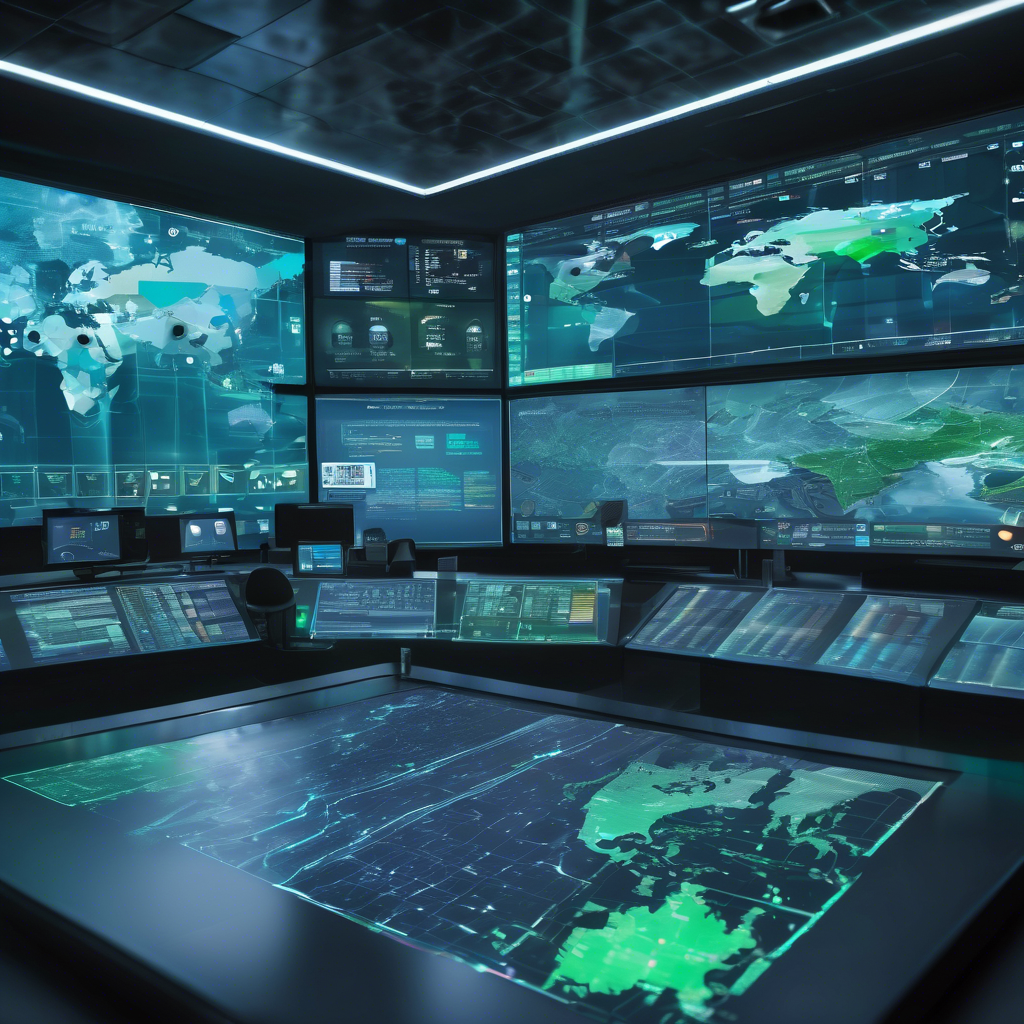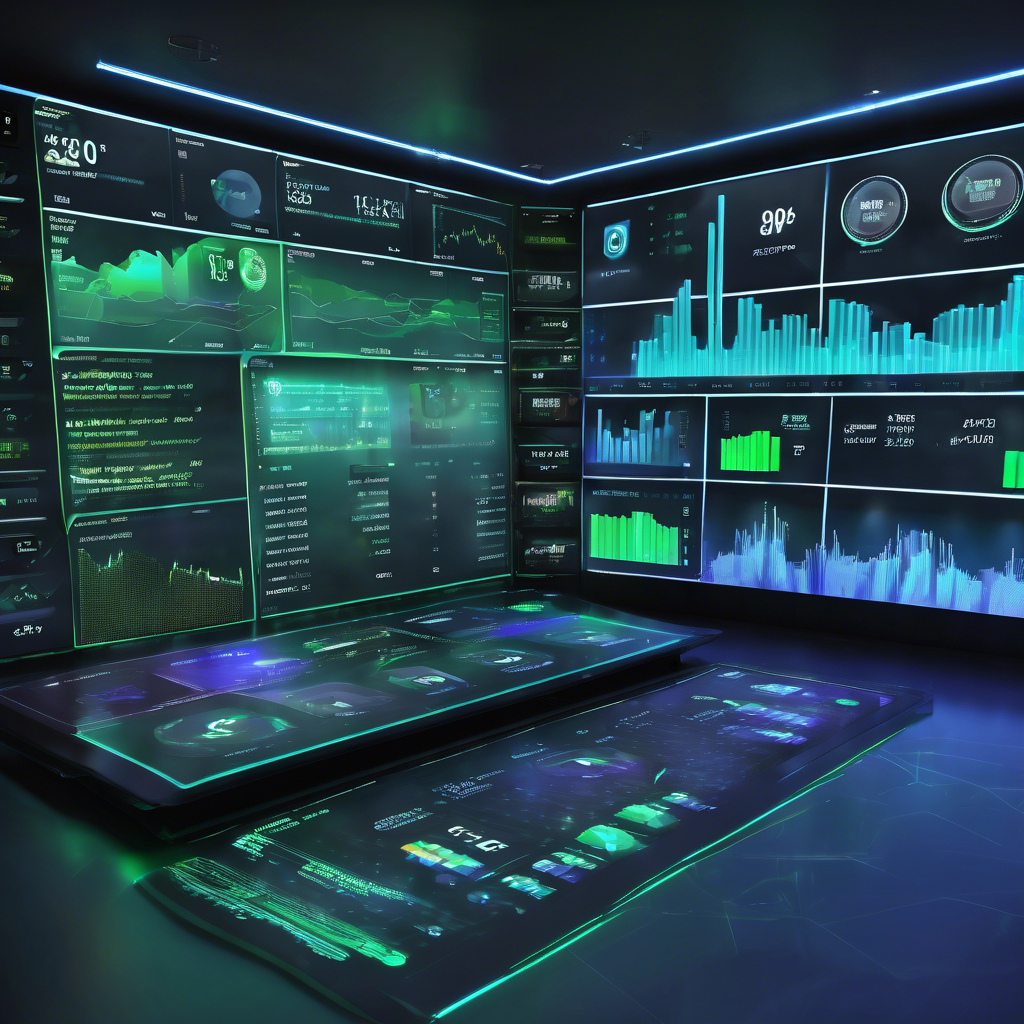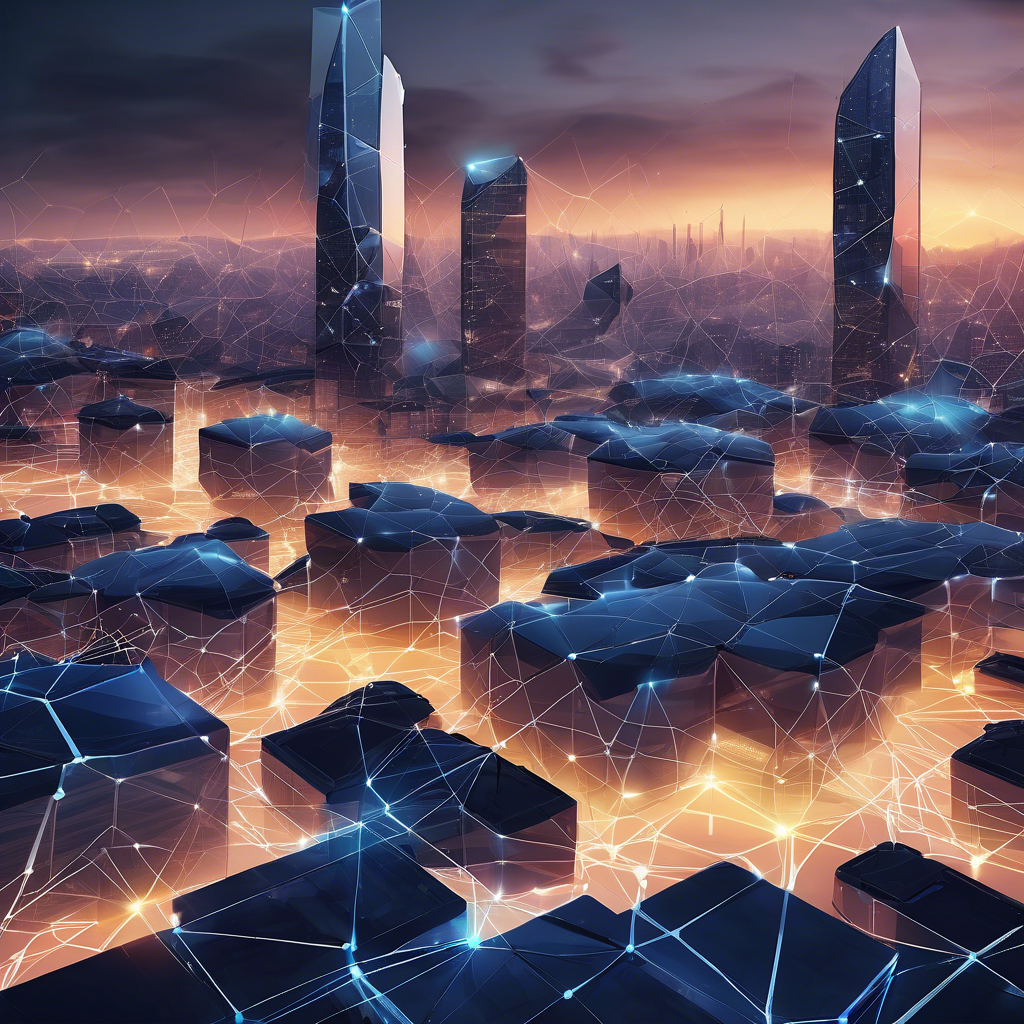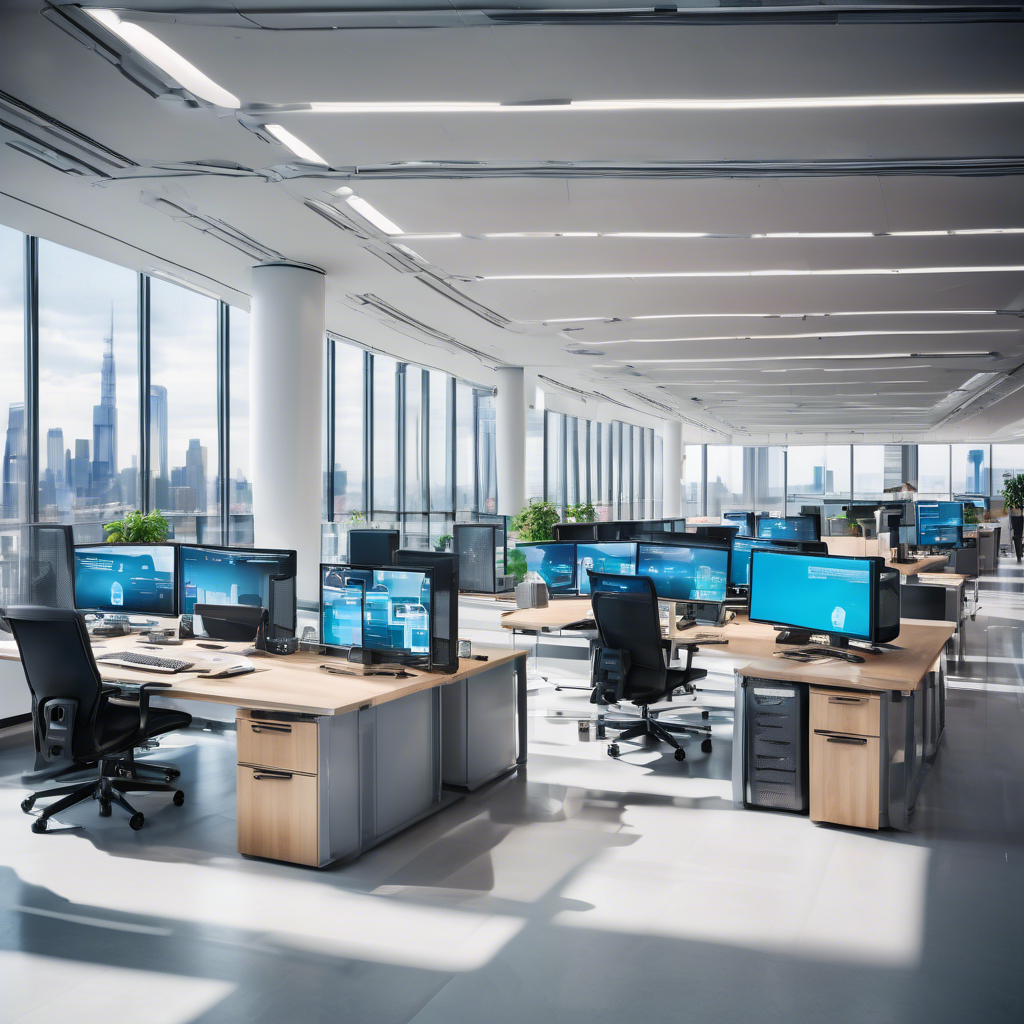How AI is Revolutionizing Multi-Tier Supply Chain Visibility Amid Tariff Challenges

Recent months’ intense focus on tariffs—covering which countries, goods, and amounts—has disrupted supply chains and unsettled markets. CEOs are establishing "war rooms" to manage the turmoil, while employees prepare for potential recession-driven layoffs impacting businesses. Companies making products from washing machines to children’s toys now critically need to understand their entire supply chain, including tier two, three, and four suppliers. The challenge lies in gathering detailed information about these deeper supplier layers. Artificial intelligence (AI) is enhancing this visibility, although even advanced technology cannot fully anticipate the unpredictable start-stop nature of President Trump’s tariffs. Evan Smith, CEO and co-founder of global supply chain firm Altana, notes that AI provides companies with insights historically difficult to obtain. Speaking to CNBC’s Technology Executive Council, Smith emphasized that tariffs have become a central topic in his dealings with CEOs, CFOs, and boards, highlighting “geopolitics front and center” through trade wars and tariff volatility. Before AI adoption, companies relied on auditors or supplier surveys to map their supply chains, but these methods were flawed—global audits could take two years, and surveys had only about an 8% response rate. Furthermore, evolving vendor relationships made maintaining current supply chain data nearly impossible. AI is transforming this landscape. At its inception, Altana built what Smith calls “the largest organized body of supply chain data on earth. ” Recognizing that public internet data is limited, Altana gathered private data from logistics firms, insurers, retailers, banks, and others.
AI analyzes this data to create a dynamic, comprehensive global supply chain map. Partners contribute data securely and retain privacy, benefiting from a shared, evolving knowledge base. For companies facing tariff complexity, AI offers insights beyond immediate suppliers. Smith illustrates with a washing machine example: a manufacturer supplies Altana with its bill of materials and direct suppliers. AI then reveals the entire multi-tier network, including hidden suppliers, enabling companies to understand tariff exposure, simulate supply chain changes, explore production shifts globally, or evaluate reshoring impacts on costs. Smith observes that mapping large enterprises’ product networks once took six months using early machine learning tools, but now can be completed within a day. Audit committees increasingly ask critical questions about China exposure, tariff scenarios, and single-source dependencies—all of which require comprehensive multi-tier supply chain knowledge. Smith concludes, “Companies have to have visibility, and it has to be dynamic to respond to the next thing. We exist in a network, and you have to know the network. The era of blind outsourcing is over. ”
Brief news summary
Recent months have seen significant disruptions in global supply chains due to tariffs, causing market instability and prompting CEOs to create crisis “war rooms.” These issues, coupled with economic worries like recession fears and layoffs, have increased the urgency for manufacturers to obtain full visibility across their entire supply chains, extending beyond primary suppliers. Traditional methods—such as audits and surveys—are slow and often suffer from low participation, limiting their effectiveness. Artificial intelligence (AI) is transforming supply chain management by enabling dynamic mapping and real-time monitoring of complex supplier networks. Evan Smith, CEO of Altana, explains that AI integrates diverse private data to build the largest supply chain database, uncovering insights that were previously unavailable. This technology allows companies to assess tariff risks at every supplier level, track supply chain changes, and estimate reshoring costs. In today’s world of geopolitical tensions and trade uncertainties, real-time, end-to-end supply chain visibility is crucial. Smith asserts that “the era of blind outsourcing is over,” underscoring the importance of AI-driven networks for corporate resilience in a volatile global trade landscape.
AI-powered Lead Generation in Social Media
and Search Engines
Let AI take control and automatically generate leads for you!

I'm your Content Manager, ready to handle your first test assignment
Learn how AI can help your business.
Let’s talk!

I Tried to See How I'll Age Using AI. It Wasn't a…
There’s nothing more attractive than someone who embraces their age gracefully.

Crypto Market Roundup for May 5, 2025
On May 5, 2025, the global cryptocurrency market experienced a slight pullback, with the total market capitalization at $2.94 trillion, reflecting a 1.3% decrease over the past 24 hours.

OpenAI CEO Sam Altman and other US tech leaders t…
On May 8, 2025, the U.S. Senate held a significant hearing focused on the transformative potential and global competition surrounding artificial intelligence (AI).

Why Sei Wants to Cut Cosmos Compatibility, Go All…
A Sei Network developer proposed on Wednesday to deprecate the blockchain’s Cosmos support in an effort to eliminate “unnecessary” complexity for users.

Scientists use AI facial analysis to predict canc…
Scientists have created an innovative AI-driven tool called FaceAge that analyzes facial features to predict survival outcomes in cancer patients, frequently surpassing clinicians in accuracy.

Robinhood reportedly considering Solana, Arbitrum…
Robinhood is reportedly developing blockchain infrastructure aimed at enabling European retail investors to trade US securities, according to a Bloomberg News report dated May 7.

Anthropic to rapidly expand communications team
Anthropic, a leading AI startup known for its large language model Claude, plans to triple the size of its communications team by the end of 2025.

 Auto-Filling SEO Website as a Gift
Auto-Filling SEO Website as a Gift








 Auto-Filling SEO Website as a Gift
Auto-Filling SEO Website as a Gift

